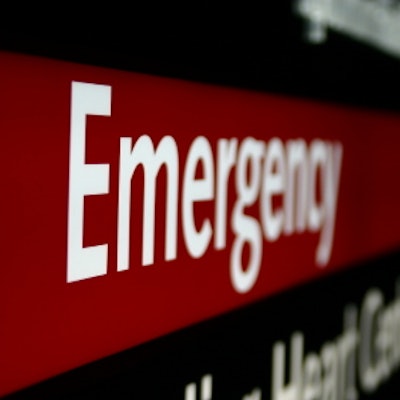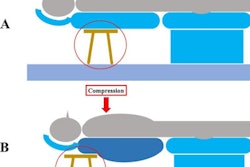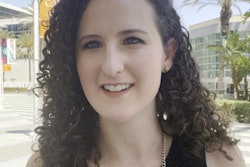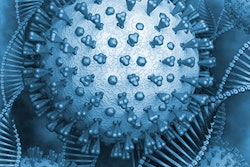
Dentists should never hesitate to reschedule patients who may not be well enough for treatment, according to a May 14 session at the California Dental Association's CDA Presents The Art and Science of Dentistry virtual convention. In fact, rescheduling could help prevent medical emergencies.
Medical management is risk management, so dental teams should always be preventing and preparing for medical emergencies, said Dr. Glenn Maron, an assistant clinical professor at the department of surgery at Emory University in Atlanta.
"When in doubt, cancel them out," he said. "I've been doing this for 28 years. If your Spidey senses are up or the hairs on the back of your hand are up, something is not right. Cancel the procedure and come back and fight another day."
In the past five years, there have been at least 38 reported deaths in dental offices throughout the U.S. About 90% could have or should have been avoided, Maron said.
This is especially important with today's large, aging population. Many patients have multiple underlying conditions, including diabetes, thyroid conditions, and heart problems, that can lead to potential issues in the dental office.
Therefore, dentists and their teams have a medical, ethical, and legal responsibility to prepare for, recognize, and manage medical emergencies, including seizures and allergic reactions.
"If every staff member is not prepared, those few serious emergencies every doctor encounters may result in tragedy," Maron said.
Watch patients
Hygienists, assistants, and dentists are not the only team members who need to be on the lookout for at-risk patients. Front desk employees should watch patients as they enter practices. They should watch to see if patients are unsteady, have difficulty walking, are moving slower than usual, seem fatigued, are out of breath, or are sweating.
Also, teams should be looking for signs of stroke, including face drooping, extremity weakness, and slurred speech.
"Time is very important if someone is having a stroke," he said. "If you see this, act fast and call 911."
Stratify risk
Clinicians need to be aware of patients' medical history and their functional status, such as if they use wheelchairs or require oxygen, to help determine their risk. Also, dental teams need to determine what preoperative tests need to be performed, whether a procedure should be performed in an office or an operating room, and if medical consultations are needed prior to treatments.
Dentists should speak with a patient's physician or nurse about that person's health, medications, and the type of procedure being performed, he said.
"There's no such thing as medical clearance," Maron said. "You can't say there is no risk. It's really a risk assessment."
At the end of the day, dentists will "get a letter that the patient is at low risk for that specific procedure at this time."
Though a patient may be considered low risk at that time, this does not mean a risk assessment should not be performed for other treatments in the future, he said.
Check vital signs
All adult patients should have their blood pressure checked at every appointment. If a patient's blood pressure is too high, the person should be rescheduled, Maron said.
All new patients should have their pulses checked, as well. More than 120 beats or less than 50 beats per minute is a sign of a problem.
Finally, patients' respiration should be monitored. If an adult breaths more than 30 times per minute, it might be a true emergency, he said.
Gather, check supplies
Dental teams should have a way to check the blood sugar of patients with diabetes. Practices should invest in glucometers, which can be purchased at pharmacies for about $80, Maron said.
Every office also should have emergency kits that include the following:
- Epinephrine
- Histamine blocker
- Vasodilator
- Oxygen
- Bronchodilator
- Antihypoglycemic
- Aspirin
- Ammonia salts
- Narcan
Additionally, someone in each dental office should be designated to check oxygen tanks daily. Emergency drugs need to be checked weekly to ensure nothing is expired, he said.
Huddle up
Full dental teams should meet at the start of each day to discuss every patient and to make notes of issues, allergies, and concerns, like not receiving a requested risk assessment from a doctor's office.
"If you're prepared for an event, that emergency will cease to exist and the problem won't be there," Maron said.




















